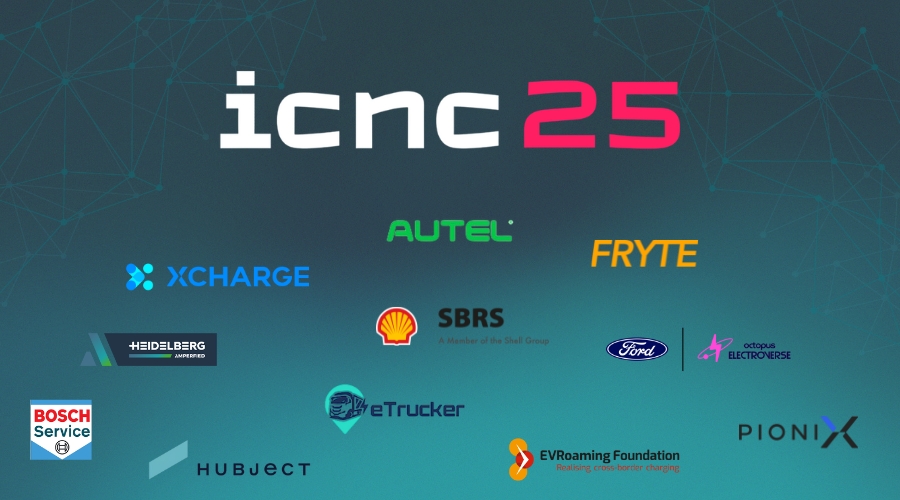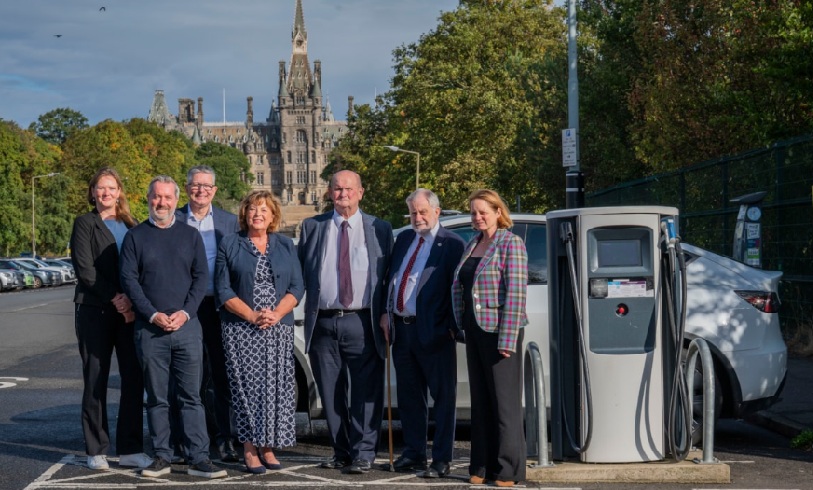To support the transformation of its European business and enhance its long-term competitiveness, Ford Motor Company is providing new capital and resources for a comprehensive business plan for its German subsidiary, Ford-Werke GmbH.
In recent years, the automaker has made significant investments in Europe, including two billion dollars for the conversion of its Cologne plant to produce electric vehicles (EVs).
The new financing of up to 4.4 billion euros includes a capital contribution to reduce Ford-Werke’s debt.
Additionally, funds are provided for a multi-year business plan aimed at supporting ongoing restructuring efforts and enhancing competitiveness.
This step replaces the 2006 parent company support statement issued by Ford Motor Company and aligns the support for Ford-Werke with that of Ford subsidiaries worldwide.
“With the new capital for our German subsidiary, we are driving the transformation of our business in Europe and strengthening our competitiveness with a new product range,” says John Lawler, Vice Chairman of the company.
“To succeed long-term in Europe, we must continue to simplify our structures, reduce costs, and increase efficiency,” he adds.
In 2024, the company expanded its leadership position in the European commercial vehicle segment as the best-selling commercial vehicle brand for the tenth consecutive year.
The automaker also launched two new electric cars tailored to the needs of European customers: the Explorer and the Capri, both built in Cologne.
With the Puma Gen-E, the company has introduced a third EV, which began production in Romania earlier this year.
“Ford is clearly committed to its European business with this financing. At the same time, it is essential for all stakeholders—industry, policymakers, unions, and social partners—to work together to secure the future of the European automotive industry,” states Lawler.
He continues: “In particular, we need a clear political agenda in Europe that promotes the acceptance of electric vehicles and aligns consumer demand with European emissions targets.”
Read more:
-
ICNC25: These are the E-Mobility innovations that shaped the event in Germany
With a record attendance of 8,500 industry specialists, the Intercharge Network Conference (ICNC25) proved to be a key meeting point where e-mobility companies unveiled new products and announced strategic partnerships.
-
Special depreciation scheme for EVs in Germany not restricted to new vehicles only
Although the wording of the law explicitly refers to “newly acquired vehicles”, some comments from politicians and the specialist press had suggested that the depreciation might apply only to brand-new vehicles that have never been registered before.
-
Scottish Government gives £6.3m to 8 councils to boost public charging infrastructure
The funding will support the installation of 1,770 additional public charging points. This is the final award from the Scottish Government’s £30m Electric Vehicle Infrastructure Fund.










